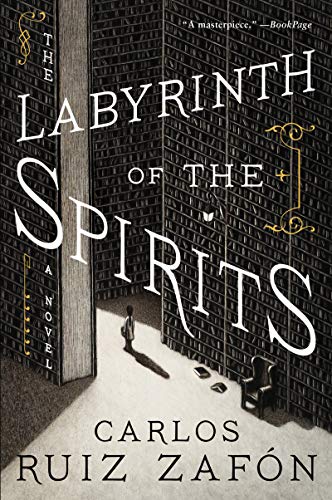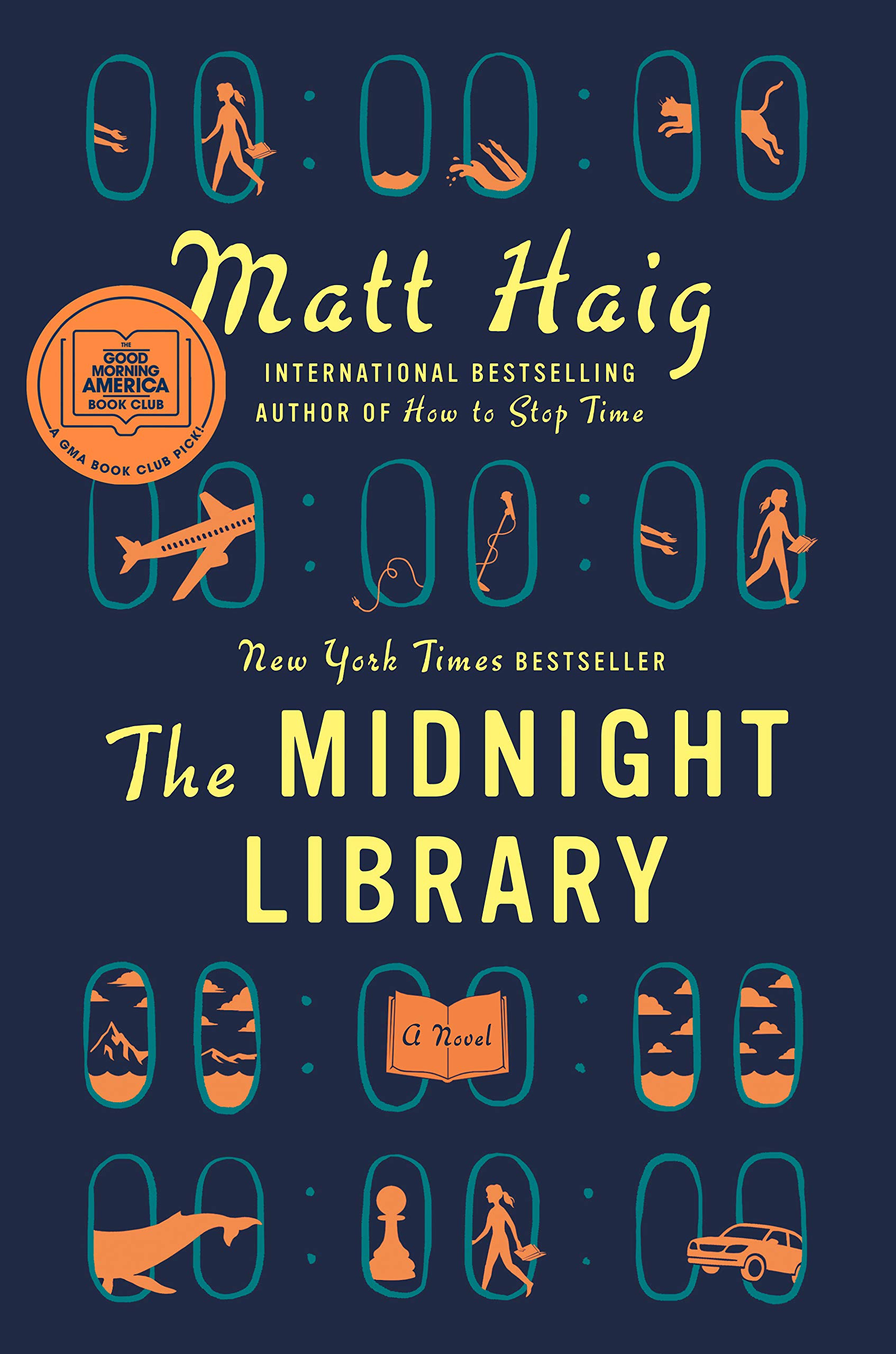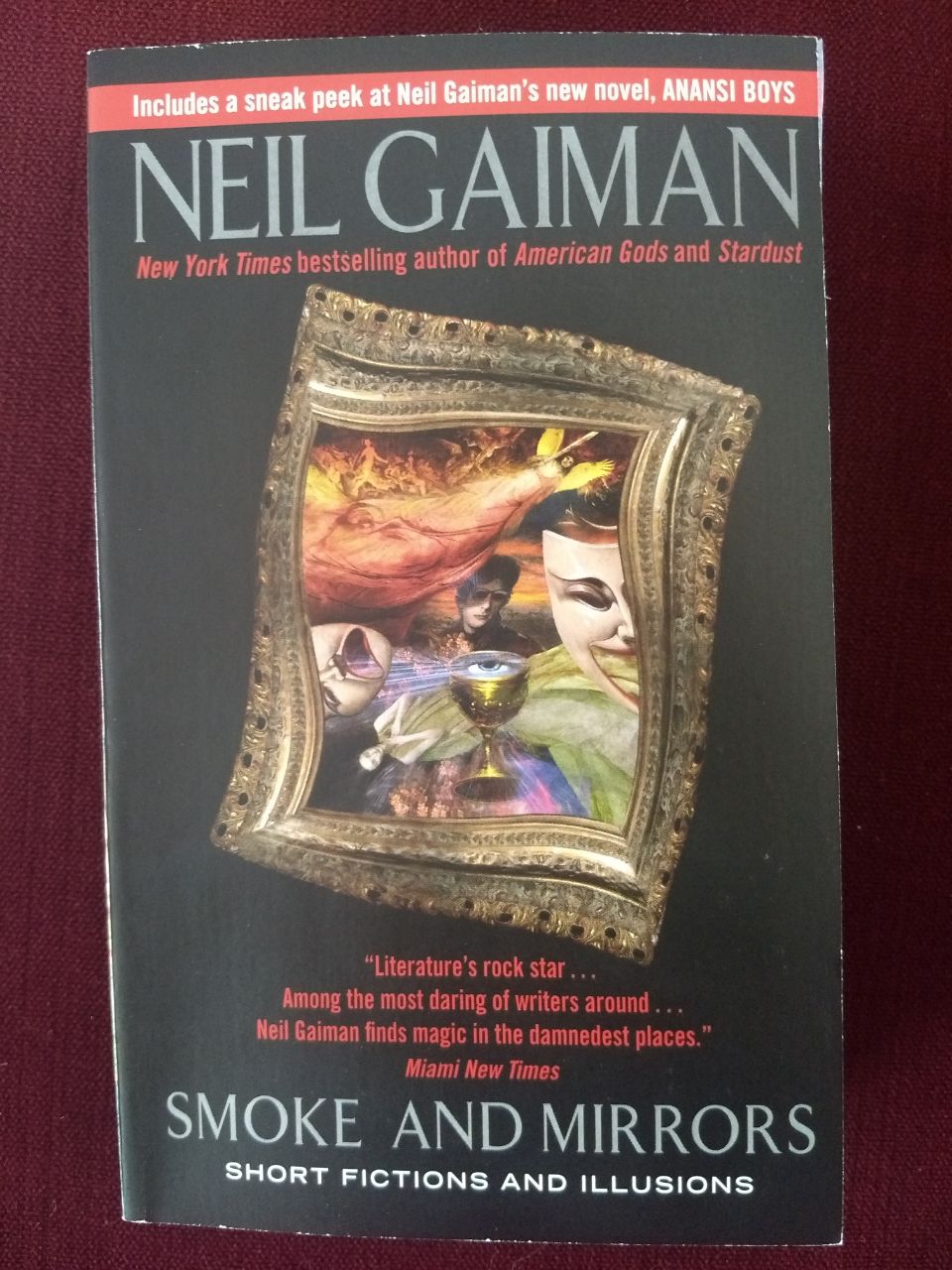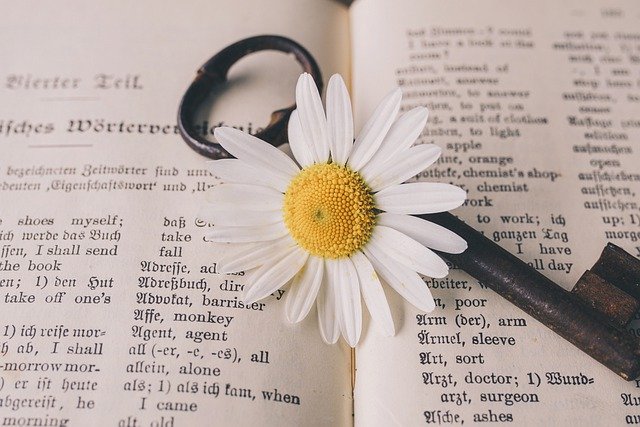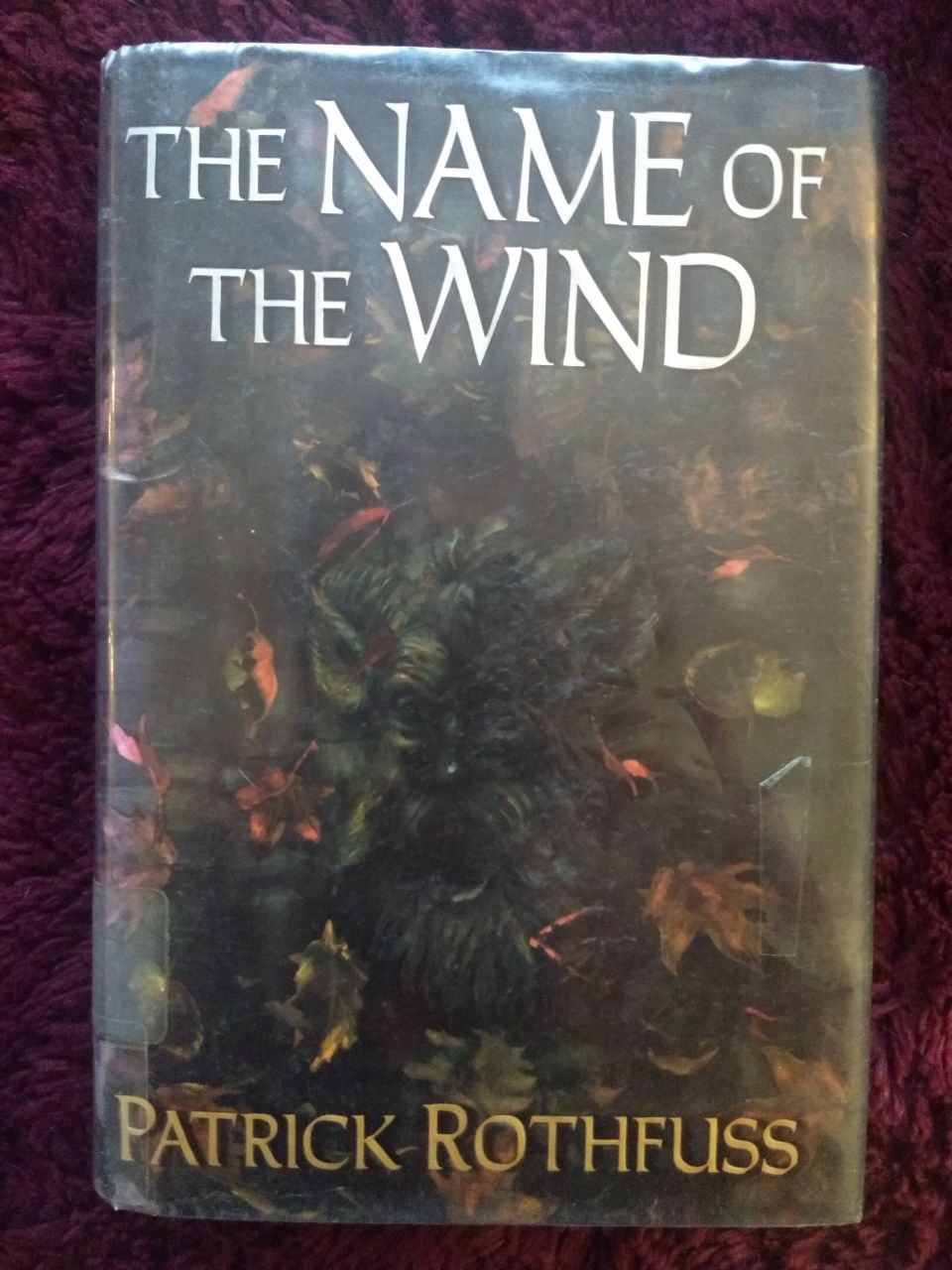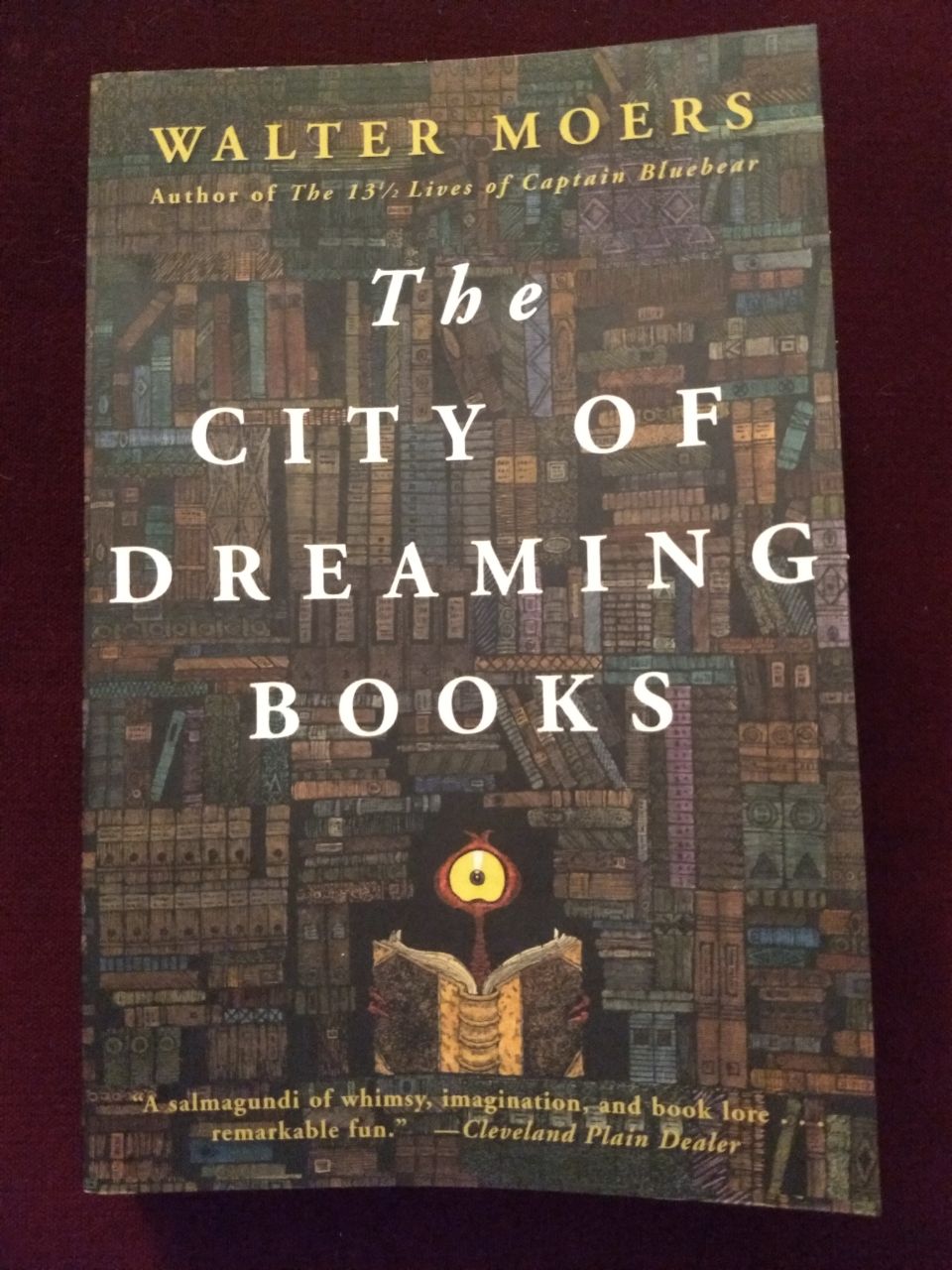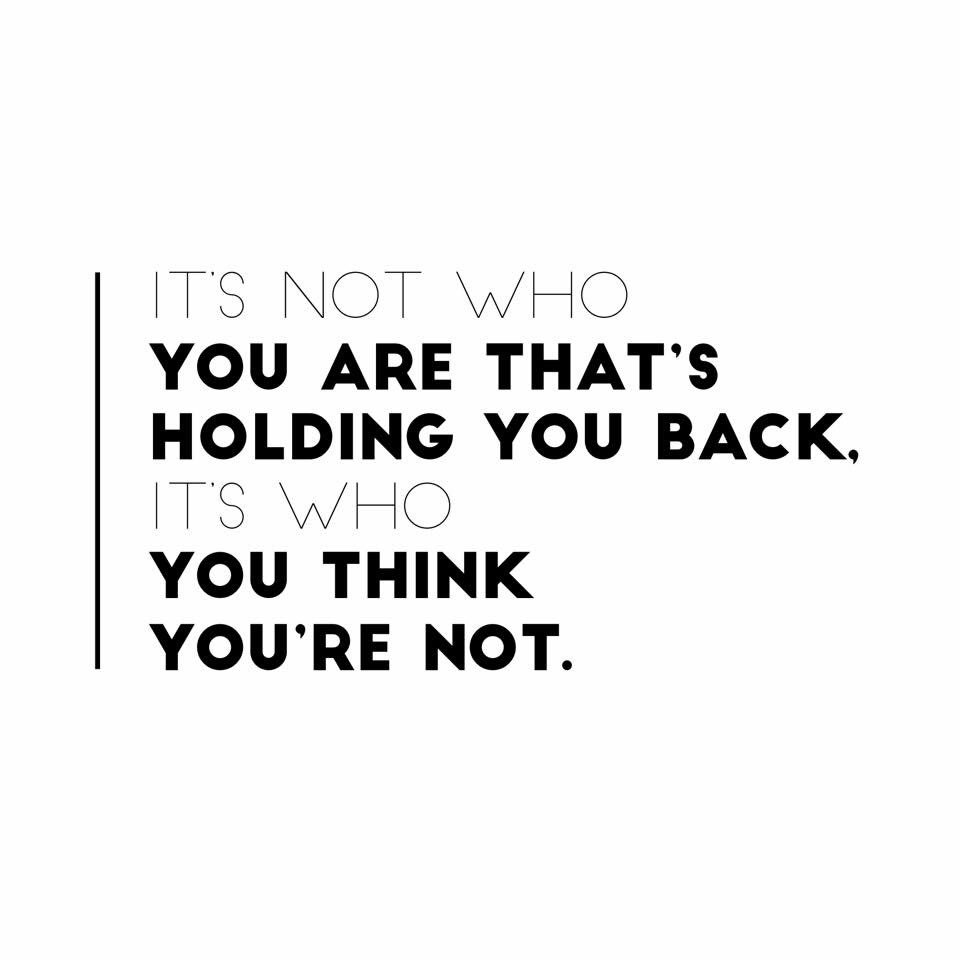
Ever sat down at your computer, opened a blank page, and had the thought cross your mind that you have no right to be there? To set words to paper, much less suppose that anything you can imagine will be of any value or enjoyment to anyone else?
Welcome to the club.
For a certain percentage of writers (if not all of us at least once in our lives, let’s be honest!), we’ve struggled with Impostor Syndrome when it comes to our writing. I’m here to remind you that you’re not alone, and hopefully shed light on some possible solutions, or ways of coping with one of the most nagging messages the Internal Critic plies us with:
You’re a fraud. You’re not a real writer.
Where does this thought come from? That’s one of the first questions I asked myself when I sat down to write this post today. When have I ever given my brain permission to treat me like a second-class citizen when it comes to my work?
While articles point to personality traits (perfectionism, hello, that’s you) and family background as potential origins of Impostor Syndrome, when it comes to creativity, my theory is a bit different. Think back to the last time you spoke with someone about your writing. Invariably, at some point in the conversation, you were stopped and confronted with the question, “So when are you getting published?” A natural response, but it sets up an expectation in our minds that leads to faulty reasoning deep inside our psyche: to be successful as a writer, or any kind of artist for that matter, our work has to be commercially available on the market.
Marketability is considered the sum total of artistic achievement in our society. The question may as well be “Isn’t your writing (i.e., art) making any money yet?”
I don’t know about you, but if I sit down to write with marketability as the first thing on my mind, my fingers freeze on the keys. Maybe some writers can work this way, and that’s great if they can, but my poet’s heart is kindled by a spark. Usually a very tiny one. Often it’s a situation that comes to mind, or a unique setting. A character with an interesting ability or a special kind of magic. A single, powerful image.
That’s what inspires me to explore the blank page.
If I sit down to write expecting that what will flow through my imagination to the keys is going to be the next greatest smash hit on the bestseller lists, I’ll clam up tighter than an oyster in its shell. But if I pay attention to the spark that kindled my creative curiosity from the outset, working to develop the concept into a full-blown story with a plot, a meaningful theme, and colorful characters on a life-changing quest of discovery, then I can write.
I think Impostor Syndrome strikes when we are trying too hard to squeeze our writing into a successful mold, one we believe will be the ticket to seeing our words in print. I’m not talking about genre conventions, or writing to capture an audience with specific preconceptions about what they like to read. Those steps come later in the developmental process. What I am talking about is allowing the notion that we are unworthy to write to keep us from approaching the page in the first place. Not everything we write needs an audience, at least not right away.
If Impostor Syndrome is something you face routinely, or even if you’ve had the feeling you want to write, but think no one would want to read what you write, here are some tips:
- Question the Internal Critic. Every time a negative thought about your writing pops up, ask yourself if there’s any basis of truth to the statement. What have you been told about your writing in the past, and what steps have you taken to improve your craft? Are there external factors that might be contributing? Is this thought helpful or is it damaging self-talk?
- Reshape your thinking. When given fair criticism of your writing, be open to alternate interpretations. Although criticism can be viewed as an attack, it’s much healthier to adopt an open mind as to how other readers perceive your work and will only serve to enrich your future writing.
- Keep track of your successes. Rejection comes with the territory and if we’re not careful, it can bury us. Remind yourself of the times your writing resonated with a reader, or your editor congratulated you on a job well done. Keep these memories in your writing space and review them often.
- Talk with your writing buddies. If you don’t have a community of writers you can share your struggles with, find one. Local writing groups, online critique sites, and writer’s conferences are all good places to start building those relationships. When you have a bad writing day (or week), these are the people you can turn to for sympathy and support.
- Be kind to yourself. Extending the same level of compassion to yourself as you would to another writer is vital. A good litmus test when I’m down on my writing is to ask myself, “Would I talk this way to another writer about their work?” If the answer is no, it’s time to ease up on the self-reproach. Self-care is essential to approaching the page without anxiety. For me, that means lots of yoga, time spent outdoors or in self-reflection, and journaling out my feelings.
Impostor Syndrome is real and its effects can be devastating if we allow it to drive a wedge between us and bringing our ideas to life on the page. Thankfully, it can be overcome with lots of hard work, steady vigilance, and a supportive community of writers who understand and can sympathize.
Do you struggle with feeling like a fraud? Have you ever allowed criticism of your writing, whether your own or someone else’s, to keep you from writing? If so, drop me a line and let’s chat. I’d love to help work through our creative struggles together!
